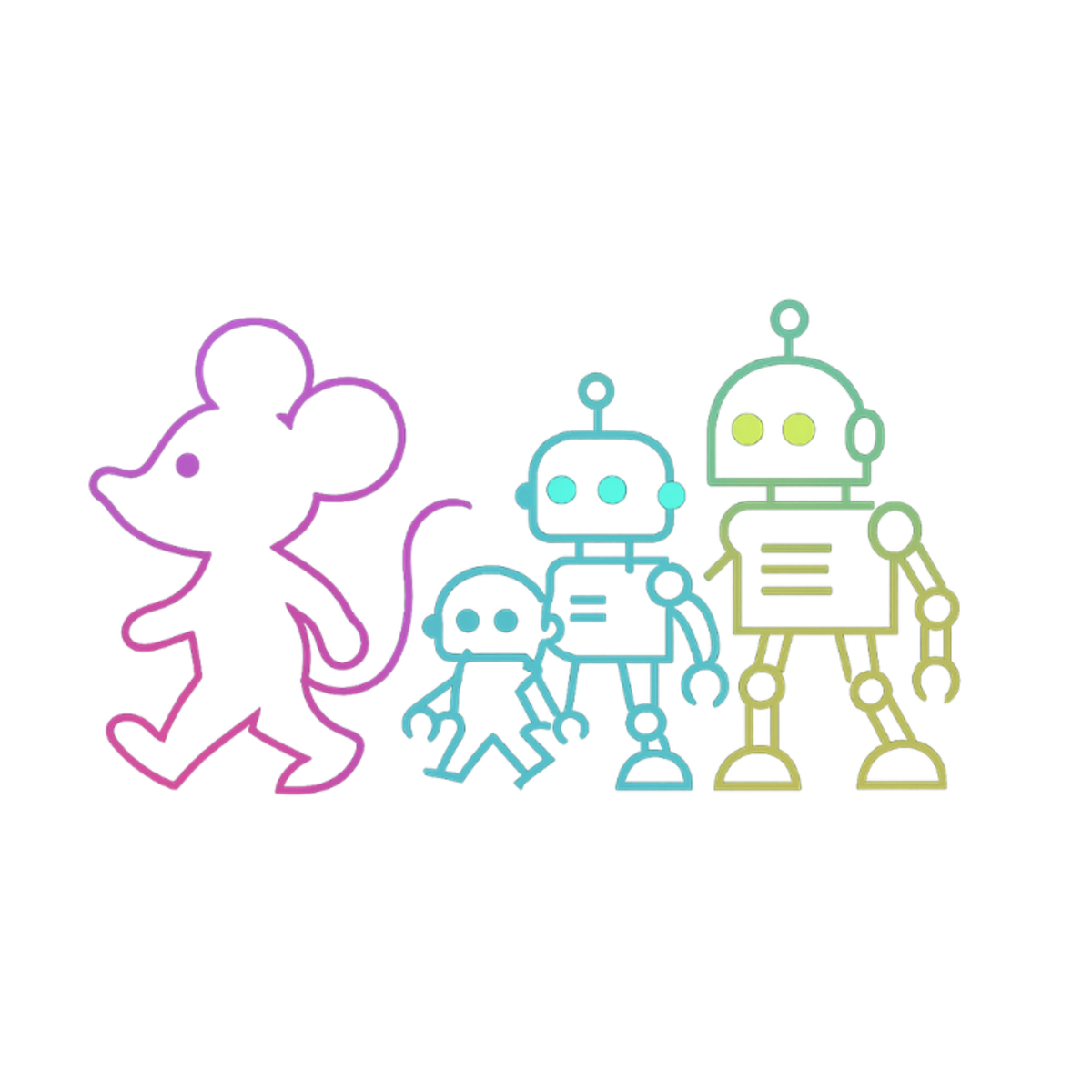The capital is flowing, chips are being built, and bots are coming for your backlog, and maybe your job. Today’s roundup connects the dots from hedge funds doubling down on AI to Salesforce quietly shrinking headcount by 44% through automation. In between, we’ll look at how Japanese startup LayerX is turning back office toil into a software growth engine, and why the AI engineer you "hire" next might not be human.
Let’s unpack the momentum, and the undercurrents shaping AI’s next enterprise wave.
Magnetar’s big AI bet surprises Wall Street norms
One of Wall Street's more enigmatic hedge funds has decided to lean into AI, hard. Magnetar, historically cautious and quiet, has made a surprisingly aggressive move, taking large, concentrated positions in AI related equities. That revelation, reported by the Financial Times, caught some of the fund’s institutional clients off guard, who were expecting a more risk hedged posture.
This isn’t just Wall Street gossip. It's a meaningful signal. Hedge funds like Magnetar aren’t known for chasing hype, they operate on risk calibrated precision. Their move suggests a new institutional confidence that AI isn’t just a tech sector story anymore; it’s the macro bet. More importantly, it points to increased tolerance for concentration risk in the name of long term AI upside.
For founders, this validates AI as a defensible core thesis to raise on. For investors, it may mean the window for finding undervalued AI equities is narrowing faster than some models predicted.
Alibaba pushes for chip independence
While much of the AI world chases better models, Alibaba is zooming out with a strategy that hones in on control of the full stack. Reports suggest China’s ecommerce and cloud giant is ramping up internal efforts to develop a next generation AI chip. It’s not the first time Alibaba has looked at semiconductors, but the intent behind this latest project seems tied to geopolitical and economic independence as much as performance specs.
Beijing has made AI sovereignty a national priority, especially in the face of ongoing U.S. export controls on high end semiconductor tech. Alibaba’s chip efforts aren’t just corporate R&D, they’re an extension of a state level ambition to reduce reliance on Western silicon.
If successful, a homegrown high performance chip could alter the balance of power in the global hardware supply chain. For Western chip vendors and cloud providers, it’s a potential squeeze play. For Chinese cloud players and startups, it’s a lifeline that could unlock autonomy in model training and deployment.
Devin the coder bot walks into your dev sprint
Devin.ai is making real waves as the world’s so called first autonomous software engineer, and, according to several dev teams and now Baytech Consulting, it's already being hired to handle tasks that used to land on junior devs’ desks. Devin doesn’t just autocomplete your code; it scopes a ticket, builds it, tests it, and even pushes to GitHub.
Whether you see that as labor saving brilliance or a trigger for existential dread depends on your vantage point. For engineering leaders, this reframes build vs buy into something more nuanced, build vs self build. Why even outsource a sprint backlog when an agent can self navigate Jira and deploy overnight?
It’s also reshaping organizational design. Do you plan smaller teams built around orchestration and review layers? Do you rethink how onboarding works when your “junior dev” doesn’t sleep?
Tech leaders evaluating agent based tooling like Devin will have to go beyond pilots. What guardrails, observability, and ownership layers must come with generative code agents? The ROI may be obvious, but the risk modeling isn’t trivial.
Salesforce cuts 4,000 jobs via AI and finally admits it
If you’ve been wondering when generative AI would cross the chasm from “nice demo” to actual labor reduction at scale, wonder no more. Salesforce CEO Marc Benioff recently confirmed the company has reduced its customer support workforce from 9,000 to 5,000 employees through the adoption of what they call “agentic AI.”
That’s a 44% headcount reduction in one functional area, without layoffs driven by macro pressures. In other words, this wasn’t about belt tightening; it was automation doing exactly what it promised.
Salesforce quietly rolled out layers of intelligent agents, including omnichannel supervisors that coordinate between humans and bots, and task specific AI systems that break customer interactions into composable steps, a system somewhat akin to AI ensemble learning, but in operations.
Fifty percent of support conversations are now handled entirely by AI. More telling? Salesforce had 100 million unreturned leads sitting dormant for decades. AI agents are now calling back every one. This hybrid, high scale approach could become the new enterprise standard, but it also forces teams to rethink workforce planning, internal communication, and re skilling flows before the disruption reaches their own org charts.
The enterprise AI playbook you probably should’ve had
Zinnov’s guide to AI Centers of Excellence (CoEs) might not be the sexiest news today, but it could quietly be the most useful. Their breakdown of the four pillars, governance, skills, deployment, and ROI tracking, offers a functional blueprint for enterprises trying to avoid the pilot purgatory many AI initiatives land in.
Most companies still operate in AI silos, one team runs ChatGPT pilots, another hacks on computer vision, and yet another tries to bolt models onto legacy systems. CoEs flip that script into something with structure. They centralize IP, formalize upskilling (not just training), and offer repeatable rollout channels with internal benchmarks.
For founders selling into the enterprise, CoEs can dramatically cut sales cycles once formed. For operators building inside global orgs, cracking the CoE code turns AI from "moonshot" to mature practice. Bottom line, if AI is to scale in house like cloud or DevOps did, CoEs may be the missing middle layer.
Until next time, keep your bets intelligent, your agents tamed, and your back office blissfully boring.
- Aura


